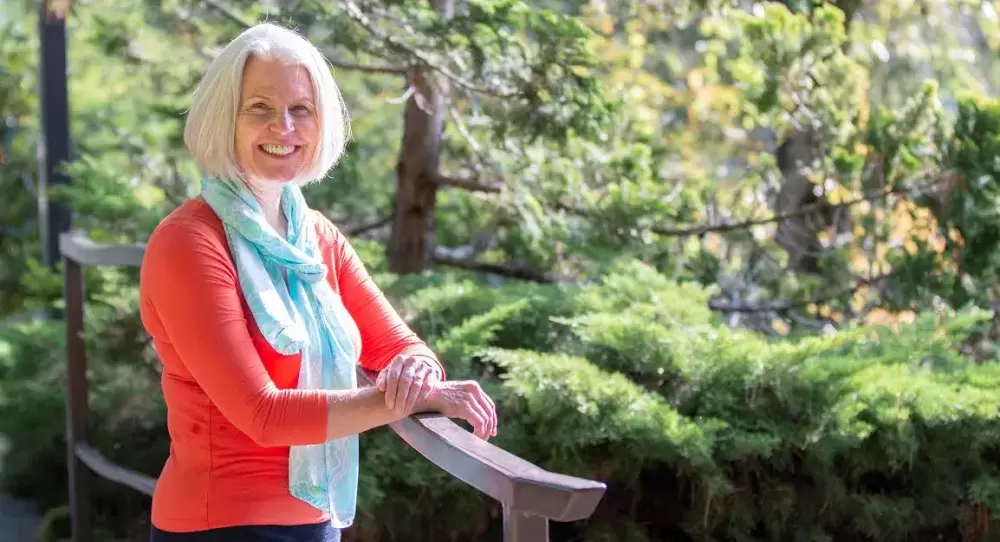For the next four months, a professor from Portland State University will be researching the similarities and differences between how Indigenous scientific and cultural issues are covered by the media in Canada and the United States at Vancouver Island University (VIU).
Dr. Cynthia-Lou Coleman, a department of communications professor, was chosen as VIU’s 2019 Fulbright Canada Jarislowsky Foundation Visiting Research Chair in Aboriginal Studies.
Coleman intends to examine how scientific and cultural issues are discussed - or overlooked - in various communication channels, such as news and entertainment programs, websites, public forums and social media. She will also explore how Indigenous peoples, policy-makers, journalists and community members feel about how these issues are covered.
Her project is called Comparing Science, Culture and Discourse about Indigenous Issues in Canada and the United States. It will help inform her book Studies in Media and Environmental Communication, which summarizes two decades of her research on how scientific and cultural issues that influence American Indian communities are framed.
“I’m really on a search mission to find out from folks what they think is important for me to know, both from the receivers end of communication but also the folks that are trying to get information out,” Coleman said.
Coleman admits her understanding of Indigenous communities in Canada is very limited, but she looks forward to learning about the Nuu-chah-nulth people, their culture and issues they find important during her time on Vancouver Island.
During her research, Coleman said she plans to look for pointers from students and faculty at VIU for where to focus her attention.
“I hope to extend my book…and that’s taking a look at environmental communication but specifically cultural issues that Native Americans have faced in the United States, and I would love to be able to expand that to Canada,” Coleman said. “If I can learn enough about what issues are important and to be able to find out from the folks themselves what’s important, I’d also like to see how that information gets covered in the press in public discourse.”
Coelman said she first became interested in Indigenous issues when she was in grad school in the 1980s.
“When I first started in grad school a million years ago I was really interested in politics and I was very interested in the United States and how Indians participated in voting,” she said. “I found out there is almost nothing written about it, this was in the 1980s and I thought well, what am I going to do?”
Coelman has continued exploring Indigenous issues since the ‘80s with a focus on the social construction of science in mainstream discourse and the effects of framing on bio-political policies that impact American Indigenous communities.
During her time on Vancouver Island, she hopes to be invited into people’s spaces, whether it’s a classroom, their home or an art studio, and share their perspectives with her.
“I look forward to working with and learning from Coleman,” said Dr. Carol Stuart, VIU Interim Provost and Vice-President Academic in a press release. “Her research will help us further our efforts at VIU to ensure Indigenous voices and perspectives are present in academia.”







